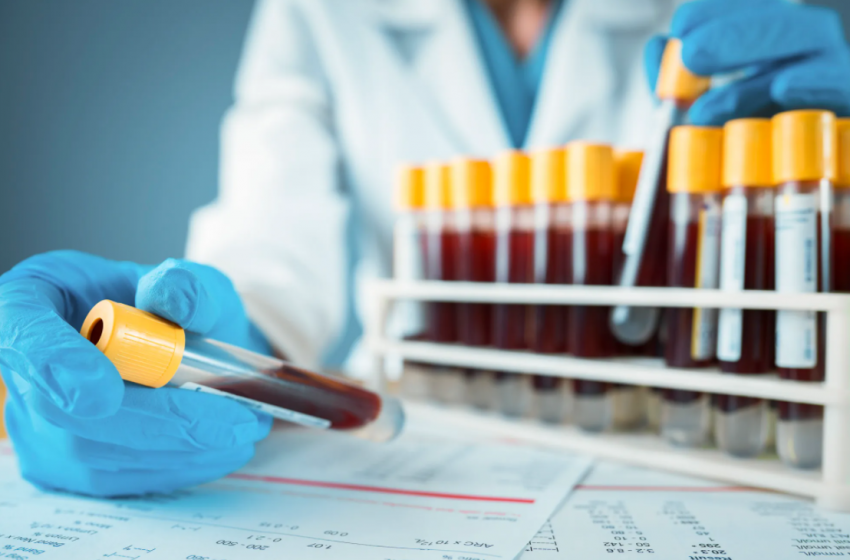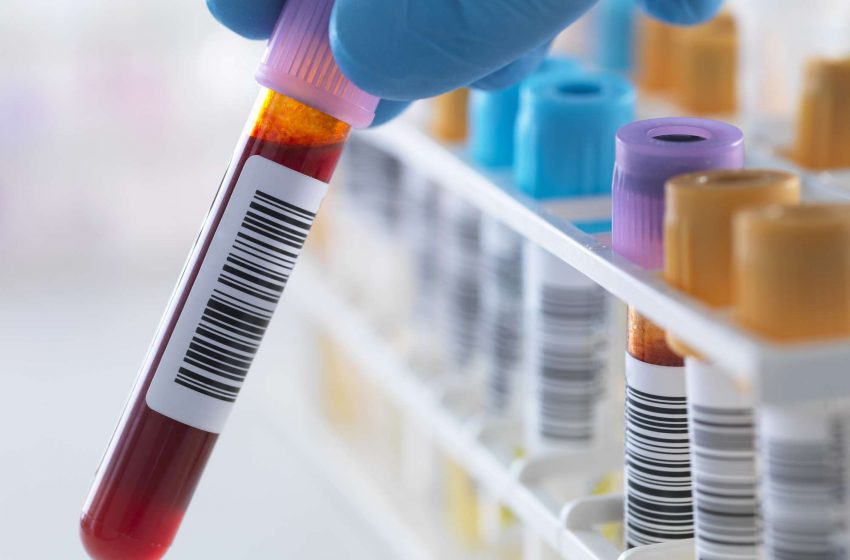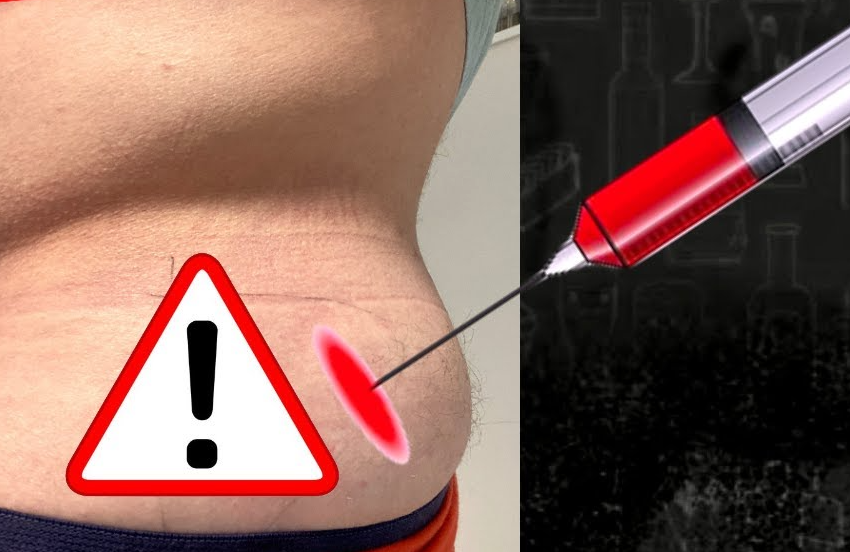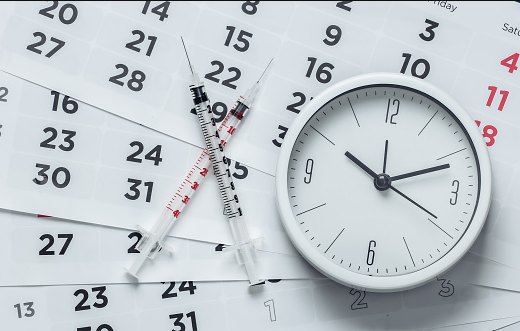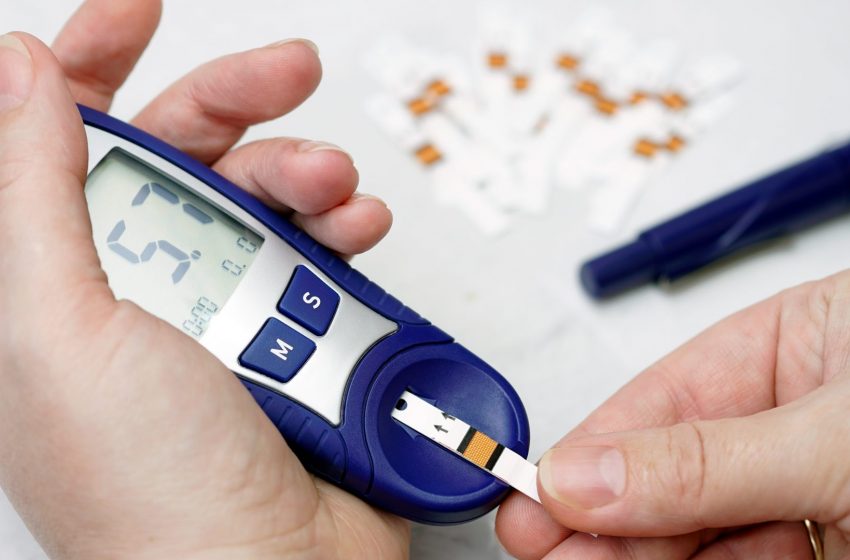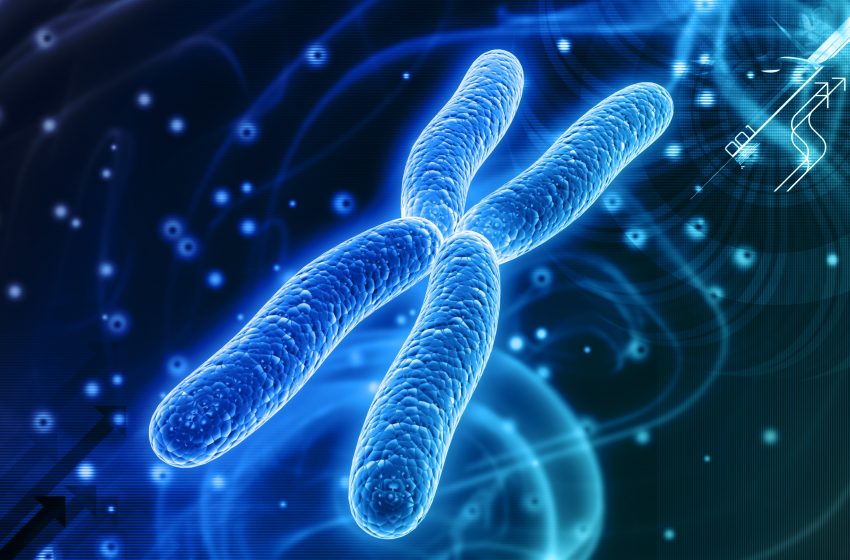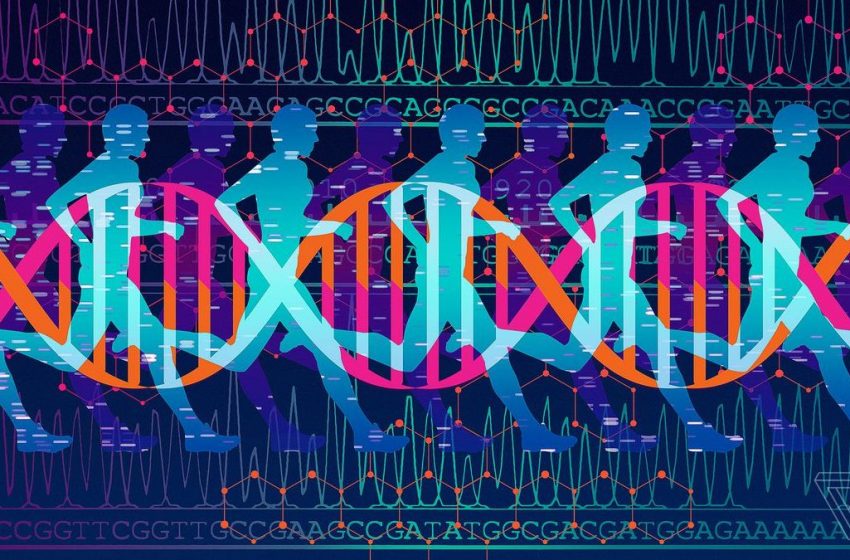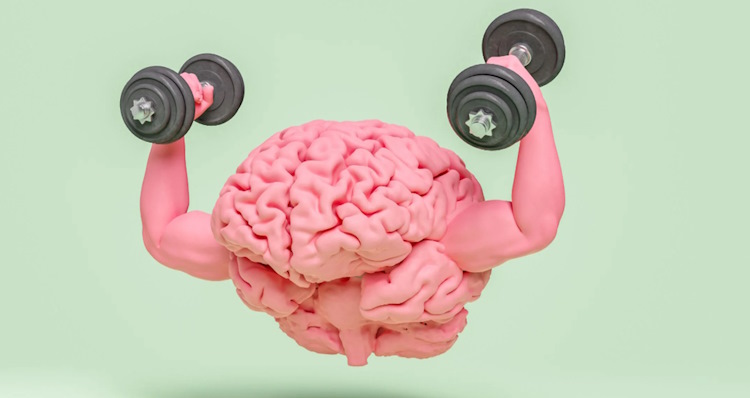The Hypothalamic-pituitary-gonadal axis, or HPTA, is probably the most important parameters a person should look for after a cycle, as it takes the heaviest toll after any steroid usage. Many different strategies and approaches can be taken to make sure your HPTA bounces back to normal when you’re off gear, but the most assertive and […]Read More
For those unfamiliar with the subject, let’s start from the beginning: what is crashed gear? It’s simply the term used for when the hormone becomes unsolubilized within the solution and they become separated, usually forming crystals and giving the vial a waxy, sometimes white, sometimes gluey-looking appearance. So, let’s go over some of the reasons […]Read More
If you’re willing to start a cycle, the best advice in theory is to look for a doctor to help you with it. Sounds easy, but in practice not many doctors are willing to aid in the task of making sure you do the least damage to your body while using PEDs. If you’re […]Read More
First of all, let’s define what a 1RM, or a 1 repetition max, is: it’s the most amount of weight you can lift for a given movement with or without strict form. Knowing your 1RM can be extremely helpful for a number of reasons: it allows you to track your progress from time to time, […]Read More
Post-injection pain, or PIP, generally speaking is the pain experienced after taking an intramuscular shot of a certain substance, in our case a mixture of a hormone salt, any concentration of solvent, preservatives/antiseptics, and a carrier. Most of the pain is caused when carrier and solvents are absorbed by the body and the crystals are […]Read More
In practical terms, any use of supraphysiological hormones for an amount of time between 2 to 6 weeks can be considered a short cycle. Now you may have heard throughout your whole life that anything below 8 or 10 weeks is a waste of time and gear, but in reality, there are a few cases […]Read More
Pathophysiological alterations in glucose tolerance On average, a healthy adult human has about 90mg / dL of glucose in an 8-hour fasting state; the level of normality ranges from 70 to 110mg / dL, qualifying any measurement between 110 and 125mg / dL as pre-diabetes and from 126mg / dL onwards, as diabetes. Insulin is […]Read More
A direct extrapolation of the effects observed in a clinical trial in rodents or other animals to one in humans cannot be used based solely on body weight due to differences in metabolism of the different species. An example of this would be to calculate human equivalent doses multiplying the doses given to the animal […]Read More
TLDR We will use injectable L-carnitine, it can be administered both intramuscularly (IM) and subcutaneously (Subq), the minimum dose will be 400mg daily and the maximum… has not been established but I use 800mg + consume 60 to 90 grams os simple carbs or inject 8 to 10 IUs of fast acting insulin. Full Article […]Read More
Genetics can alter sports performance, response to the use of PEDs and decide which diet is the most effective for you. Genetics and PEDs use Many people talk about the genetic response to steroids, of “good” and “bad” responders to these compounds, your product may not be underdosed but because of your genetics you do […]Read More



